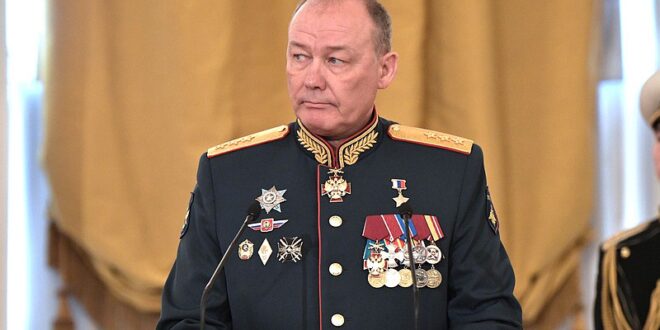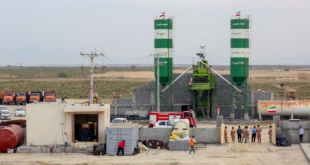Furious at the FSB for its optimistic assessments of Ukraine in advance of his invasion, Vladimir Putin has briefly arrested the head of the FSB’s fifth directorate that had been responsible and has now put a GRU officer notorious for brutality in charge of intelligence on the war, Andrey Soldatov and Irina Borogan say.
Pro-Kremlin news outlets have reported that General Aleksey Dvornikov will now exercise overall command of Russian intelligence operations in Ukraine, the two independent experts on Russia’s intelligence services report (cepa.org/the-shadow-war-putin-strips-spies-of-ukraine-role/).
That news, they say, marks “a significant shift. Until now, Ukraine had been the responsibility of the Fifth Service of the FSB, the department which provided Putin with intelligence on Ukraine before the invasion.” Its incorrect assessments and leaks about the Kremlin’s plans have infuriated Putin.
Consequently, he has turned to Alekseyev, “a very particular type of Russian military intelligence officer. He started his career in the special forces, or Spetsnaz, rather than … at some embassy in the West. His job in the GRU was to supervise the 14th directorate – leading the Spetsnaz … — and in 2011 he became first deputy head of the GRU.”
This happened because Defense Minister Sergey Shoygu, in his effort to boost military intelligence “raided the ranks of the special forces. They might not have the softer skills of other intelligence officers but they were tough guys and ready to kill,” Soldatov and Borovan argue. Alekseyev is clearly of their ilk.
He “saw military action in Syria, and he was involved in the conflict in Donbas. Fellow officers regard him as brutal and self-confident to the point of recklessness,” the analysts say. Alekseyev is likely to provide intelligence which will suggest that to be effective in Ukraine, Russian forces must be even more brutal.
The fate of Sergey Beseda, the disgraced head of the FSB’s fifth chief directorate, is also indicative of how Moscow is proceeding. He was arrested and then released because Putin feels he can’t afford to keep him in prison lest that ever more members of the Russian elite conclude the Kremlin leader’s actions in Ukraine have been disastrous.
As a result, Beseda presumably humbled and certainly having lost the confidence of his superior, has returned to work. “To throw a general into prison and then return him to office,” Soldatov and Borogan say, recalls the kind of maneuvers that up to now, “only Stalin was capable of playing with his generals.:
 Eurasia Press & News
Eurasia Press & News




